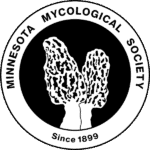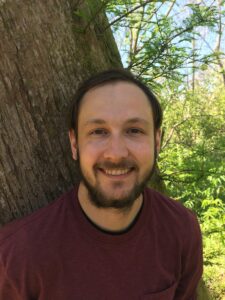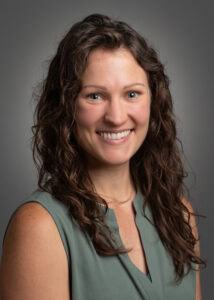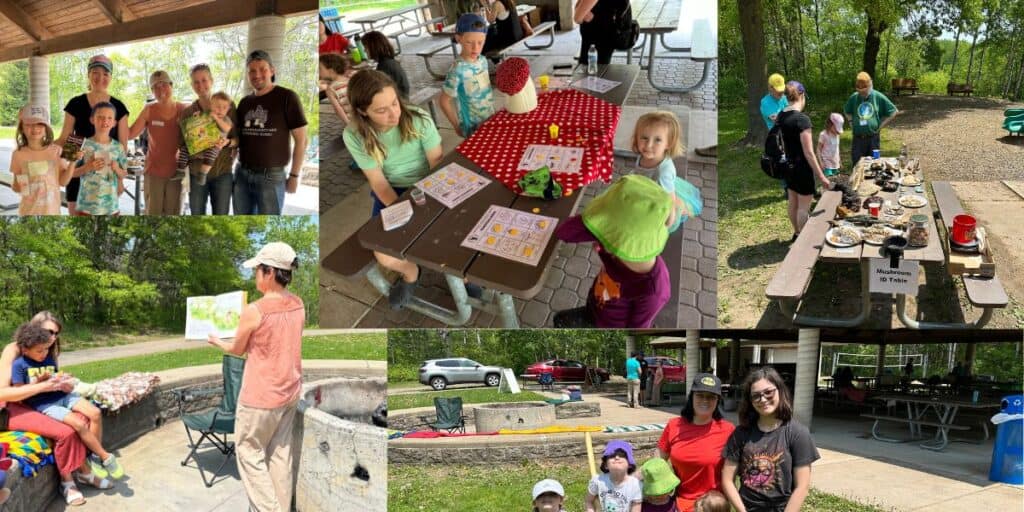MMS Meeting
Graduate Scholarship Winners Presentations #1
Our May 13th meeting will be shared remotely via Zoom.
The Minnesota Mycological Society (MMS) is continuing our scholarship program for University of Minnesota or University of Wisconsin students (any campus location) currently enrolled in graduate level studies with an emphasis on mycology. Each year the MMS gives away monetary scholarships to graduate students at the University of MN and University of Wisconsin.
Come check out these presentations highlighting their graduate thesis topics!
Biological Control of Invasive Buckthorn with Native Fungi
From brewing beer to producing antibiotics, modern society relies on fungal life processes to fulfill our desires and overcome our obstacles. How about the Buckthorn problem? Can fungi help us get rid of invasive Buckthorn? This is the central question of Ryan’s research in the UMN Forest Pathology lab: Biological control of buckthorn using fungi.
Ryan Franke grew up in Eagan, MN and learned to revere the natural world at a young age. During a fall camping trip around Lake Superior in 2015, he became fascinated with fungi and shortly thereafter joined the Minnesota Mycological Society. His fascination with fungi mushroomed after joining the society, opening a gourmet mushroom cultivation business in 2017, editing the MMS newsletter from 2018-2020, and most recently joining the mycology focused Forest Pathology Lab at the UMN in 2023.
Mycorrhizal Interactions and their Connections to Current and Future Forest Structure
Although mycorrhizal associations are known to be highly important and ubiquitous plant-fungal interactions, the factors influencing them are not well understood. Part of this muddling is due to their high degree of context dependency, where the nature of the relationship between plant and fungus can change based on the associated conditions. Though, as global changes continue to ensue, understanding connections between nutrient cycling and forest composition becomes increasingly important. Using a “dually-colonized” Populus (Eastern cottonwoods, aspen) system, which can associate with the two most common and widespread mycorrhizal guilds (ecto- and arbuscular mycorrhizal fungi) simultaneously, my research has investigated the role of environmental factors and genetics to determine which factors favor one mycorrhizal guild over the other. Additionally, I’ve studied the nutrient economics of mycorrhizal interactions, which is an important consideration for predictive models of global change. Ultimately, the results of this work contribute to our understanding of factors controlling the current ranges and distributions of tree species and biogeochemical consequences, which are central to predicting future forest states and functions.
Kathleen is a fungal ecologist who is fascinated by fungal symbioses. She (very recently!) completed her PhD in Botany at the University of Wisconsin-Madison studying mycorrhizal interactions and previously completed a master’s degree in Ecology and Evolutionary Biology at Iowa State University studying lichen diversity and ecology. She had led numerous workshops related to fungal biology and served on the Madison Mycological Society board for over four years. When not musing over her fondness for fungi, you can find her tending to her sweet pups, Phoebe, Starbucks, and Corbin.
For our member’s convenience, all MMS meetings will use the same Zoom link. This link is provided on meeting announcements and reminders.
This meeting is free and open to the public. If you are not a member, contact webmaster@minnesotamycologicalsociety.org to get details on how to join this virtual meeting. Please do so no later than an hour before the meeting.
If you haven’t used Zoom before and don’t want to miss anything, you may want to click on the meeting link to download Zoom and familiarize yourself with it at least 15 minutes prior to the meeting.
How to join a Zoom meeting – You do not need a Zoom account, but you will need the Zoom app installed on your desktop or mobile device. You can either download the Zoom app in advance here. Or, you will be automatically prompted to download and install the Zoom app when you click on a meeting link for the first time. You can also join a test meeting at any time at https://zoom.us/test. Watch a video on how to join a Zoom meeting here.



